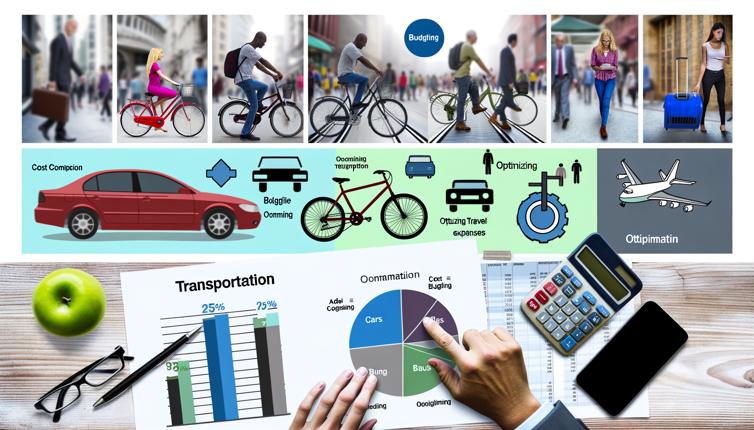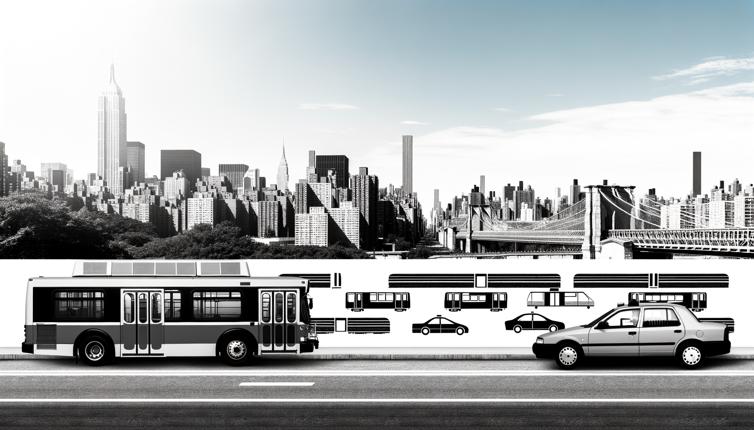1. Planning Your Transportation Budget
Determine your transportation needs: Consider how often and how far you need to travel. Identify the modes of transportation you will use, such as public transportation, personal vehicle, or ridesharing services.,Research transportation costs: Research the cost of different transportation options in your area. Compare prices for public transportation passes, gas prices, and ridesharing services. Look for any discounts or promotions that can help you save money.,Create a transportation budget: Based on your research, create a transportation budget. Allocate a specific amount of money for each transportation expense, such as fuel, public transportation passes, or rideshare services. Be realistic about your budget but also look for areas where you can potentially cut costs.,Track your transportation expenses: Keep track of your transportation expenses to ensure you stay within your budget. Use a budgeting app or spreadsheet to record your expenses and monitor your spending.,Adjust your budget as needed: If you find that you are consistently exceeding your transportation budget, re-evaluate your expenses and adjust your budget accordingly. Look for ways to reduce your transportation costs, such as carpooling or using public transportation more frequently.
2. Saving Money on Transportation
Consider alternative transportation options: Explore alternative transportation options, such as biking or walking, for short-distance trips. This can help you save money on gas or public transportation fares.,Car maintenance and fuel efficiency: Regularly maintain your vehicle to improve fuel efficiency and reduce maintenance costs. Keep your tires properly inflated, change the oil regularly, and follow the manufacturer's recommended maintenance schedule.,Avoid unnecessary trips: Plan your trips efficiently to minimize unnecessary travel. Combine multiple errands into one trip to save on fuel and reduce wear and tear on your vehicle.,Use ridesharing or carpooling services: If you don't have a personal vehicle or want to save on gas and parking fees, consider using ridesharing or carpooling services. This allows you to share the cost of transportation with others and potentially reduce your expenses.,Take advantage of discounts and rewards: Look for discounts and rewards programs offered by transportation providers. Many public transportation systems offer discounted passes or fares for students, seniors, or frequent riders. Some ridesharing services also offer rewards or referral bonuses that can help you save money on future trips.
3. Final Thoughts
Budgeting for transportation can help you optimize your travel expenses and save money. By planning your transportation needs, researching costs, creating a budget, and tracking your expenses, you can stay within your budget and identify areas for potential savings.,Additionally, exploring alternative transportation options, maintaining your vehicle, avoiding unnecessary trips, and taking advantage of discounts and rewards can further reduce your transportation expenses.,Remember to regularly review and adjust your transportation budget as needed to ensure you are maximizing your savings. With careful planning and smart choices, you can effectively budget for transportation and optimize your travel expenses.
Conclusion
Budgeting for transportation is essential for optimizing your travel expenses. By planning, researching, and creating a budget, you can allocate your transportation expenses efficiently. Additionally, implementing money-saving strategies such as exploring alternative transportation options and taking advantage of discounts and rewards can further reduce your expenses. Remember to regularly review and adjust your budget to ensure you are making the most of your transportation budget. Happy budgeting!









